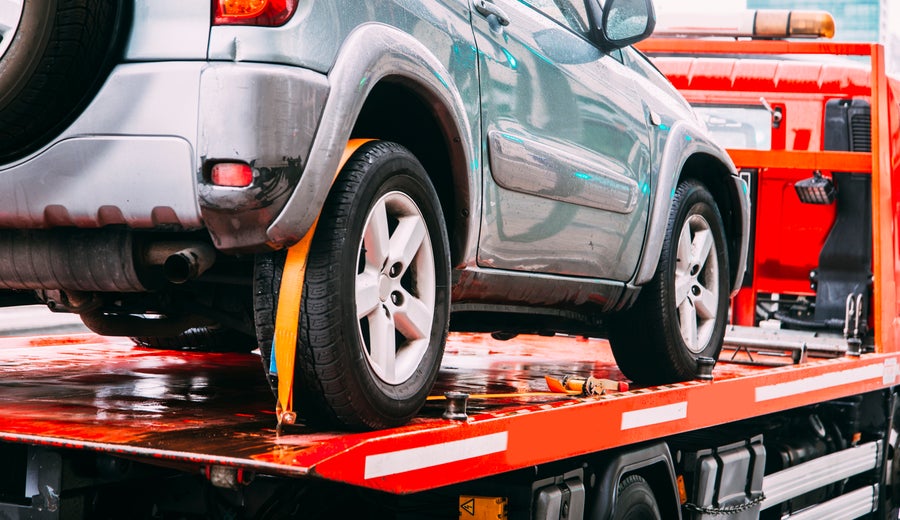Most states only require liability insurance to protect others from any damage you may cause behind the wheel. But that doesn’t mean liability insurance is the only protection you need. Collision car insurance is additional insurance provided by most providers to provide additional protection. in many states, but. Although it increases the price of your auto insurance, it gives you priority protection for most drivers: insurance if your car is damaged in a crash. What is comprehensive and collision insurance, and is the additional insurance cost worth it to you? Let’s take a look.

What is collision car insurance?
What does collision insurance cover? Car collision insurance pays for the repair or replacement of your vehicle (according to your policy limits) if the vehicle is damaged in an automobile accident, whether it is your fault or not.
Not sure where to start?
Compare prices
Add-ons will work here
Technically, the scope of the driver’s liability due to the fault paid for the repair of the other party’s vehicle. But the scope of the collision can still help you when you are not the one causing the collision.
When the damage to your car is caused by another driver’s fault, your collision insurance will pay to repair your car, protecting you from self-expenses when you seek reimbursement from the other driver’s insurance company. This works well in situations where the driver’s insurance company responds slowly or in case the driver is at fault not insured or not insured. The claim will not affect your premium if it is the fault of the other driver.
Sometimes, no other driver or insurance company comes along for a refund. In this case, the car insurance due to the collision will pay for your repairs. Some examples that no insurer has to pursue include:
Other drivers are not insured or unsymed
You’ve been in a collision
Your car hits an object such as a wall, tree, or curb while you are driving
Your car is damaged by debris on the road or potholes
In short, collision coverage is designed to protect your car, helping you pay to repair or replace it in case it collides with a vehicle or other object. That said, collision insurance doesn’t cover everything. Here are some specific exclusions:
Damage to other people’s vehicles
Damage to your vehicle due to theft or vandalism
Damage caused by an animal running into your car
Damage to your car due to fire
Damage caused by natural disasters or bad weather such as hail
Medical bills
Do I need collision insurance?
If your car is sponsored or you are renting, the lender will usually require you to have collision insurance until paid off.
If you don’t owe money to buy your car, ask yourself how much it costs to replace or repair your car if it’s damaged or in an accident. If you don’t think you can afford to repair or buy a new car after a collision, having collision insurance can give you more peace of mind after an emergency. But if your car is old-fashioned or has deteriorated significantly, it’s better to skip the coverage and pocket the savings saved on your next trip.
What if the damage to my car is serious?
Collision insurance will pay for repairing your car unless the cost of repairing the damage is higher than the value of your car. In that case, your car will be “fully charged” by the insurance company and they will pay you the full book value of the car. You can get the book value of your car online at Kelly Blue Book.
How do I choose the right collision coverage?
To begin with, you should choose enough collision coverage to cover the value of your car. That way if the car is total, you can easily replace it. You will see that the amount of collision insurance stated in your policy is limited, which is the maximum amount your policy will pay for an insured claim.
Collision insurance comes with a deductible, which is the amount you pay before the insurer pays your claim. For example, if you have a $1,000 collision deduction and your car is damaged, you have to pay $1,000 for repairs and the insurance company pays the rest.
This doesn’t mean you need to write a $1,000 check to your insurer. For example, if the damage to your car is worth $3,000, the insurer will deduct your deductible amount from the check they wrote to you. In this example, they’ll only send you the remaining balance of $2,000 to include in your repair costs.
You can usually choose your collision deduction when you sign up. The lower the deductible, the higher your annual premium (the amount you’ll pay for your insurance policy), so choose the maximum amount you can pay yourself after an accident to save on your auto insurance.
FAQ
What is faultless insurance?
No faulty insurance pays for the medical expenses of the passenger and you in the event of a collision, regardless of the accident. Faultless insurance can also be called Personal Injury Protection Insurance (PIP).
What is the difference between collision and comprehensive coverage?
While collision range protects your car when you have an accident, comprehensive coverage helps you repair or replace your vehicle if it is damaged in a non-collision case such as hail, flooding, or falling objects. It also applies if your car is stolen or vandalized.
Should I purchase both comprehensive and collision insurance?
You should have both comprehensive coverage and collisions if you can afford them as they cover different cases. Collision insurance for the damage caused by a collision or collision. Comprehensively will take care of damage beyond your control such as falling objects or natural disasters.
Do I need collision and comprehensive coverage if I’ve already paid for my car?
Not. When your car is no longer financial, you are not required to keep these funds. But it may be worthwhile to keep them if your car value is high. A good rule is a 10% rule. If the annual premium is higher than 10% of the book value of the automobile, you may consider reducing these premiums.
That said, some argue that ignoring the 10% rule and maintaining the range of collisions in place. That way, if you have an accident, you only get your deduction, not the full amount of repair or replacement of your car.
